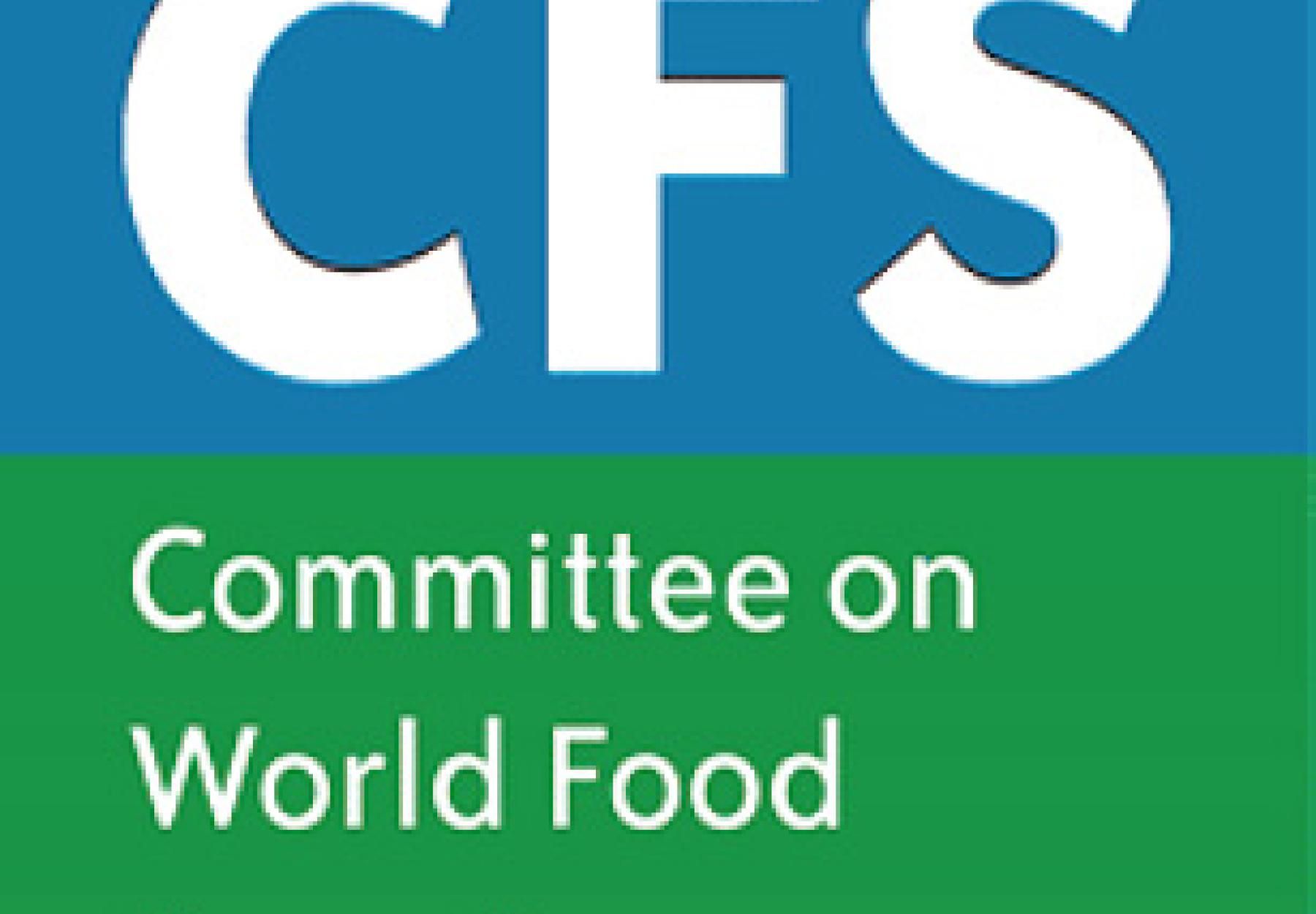
Arab Group for the Protection of Nature has contributed a case study on agricultural markets in Palestine to the Rome-based Committee on World Food Security (CFS), as part of a process on connecting smallholders to markets, organized by the Civil Society Mechanism of the CFS. Submitted in January 2016, the paper, entitled “Boycott as a Mechanism for Exercising Market Power: the Case of Palestine Under Colonial Occupation” is the only case submitted from the Arab region, and the only case focusing on markets within a situation of conflict, war or occupation.
The study, written by APN Advocacy Officer Heather Elaydi, describes the impact of the Israeli occupation and blockade on Palestinian agricultural markets, and promotes boycott as a mechanism to exert market power, stating that:
“Solutions to asymmetrical market access should not only focus on the ability of actors to function better within an asymmetrical system, but should also directly challenge the injustices of that system. In all cases of conflict and other protracted crises, cures for the symptoms of the problems must come in tandem with direct solutions to the problems themselves.”
Palestinian smallholders are severely impacted in their access to markets, both for agricultural inputs and for sale of their produce, as a result of the occupation. The customs union signed by Israel and the Palestinian Authority as part of the Oslo Accords has led to a large trade deficit for the occupied Palestinian West Bank, characterized by a flood of Israeli products on Palestinian markets, as well as severe limitations on Palestine’s external trade. Aid projects have generally focused on intensive, export-oriented agriculture which has led to a decline in production for local needs, yet such projects have often not been able to compete with Israeli and Israeli agricultural projects, including those located in the illegal settlements throughout the West Bank. The development of several Special Economic Zones, promoted and financially supported by international donors, has led to land confiscation with minimal compensation, further leading to the loss of several smallholder farms.
The study describes boycott of Israeli products as one form of resistance which has been used by Palestinians since the first intifada, and which includes increased support for local producers, strengthening of links between producers and consumers, and raising awareness of structural injustices. The case study also points to the EU example of accurate labeling from the settlements as a step which countries can take to support Palestinian smallholders.
To download “Boycott as a Mechanism for Exercising Market Power: the Case of Palestine Under Colonial Occupation” visit: https://drive.google.com/open?id=0B8k9Dj78FdL9Y1kwVnE2MWRsbms